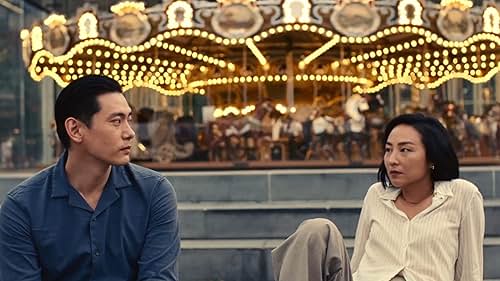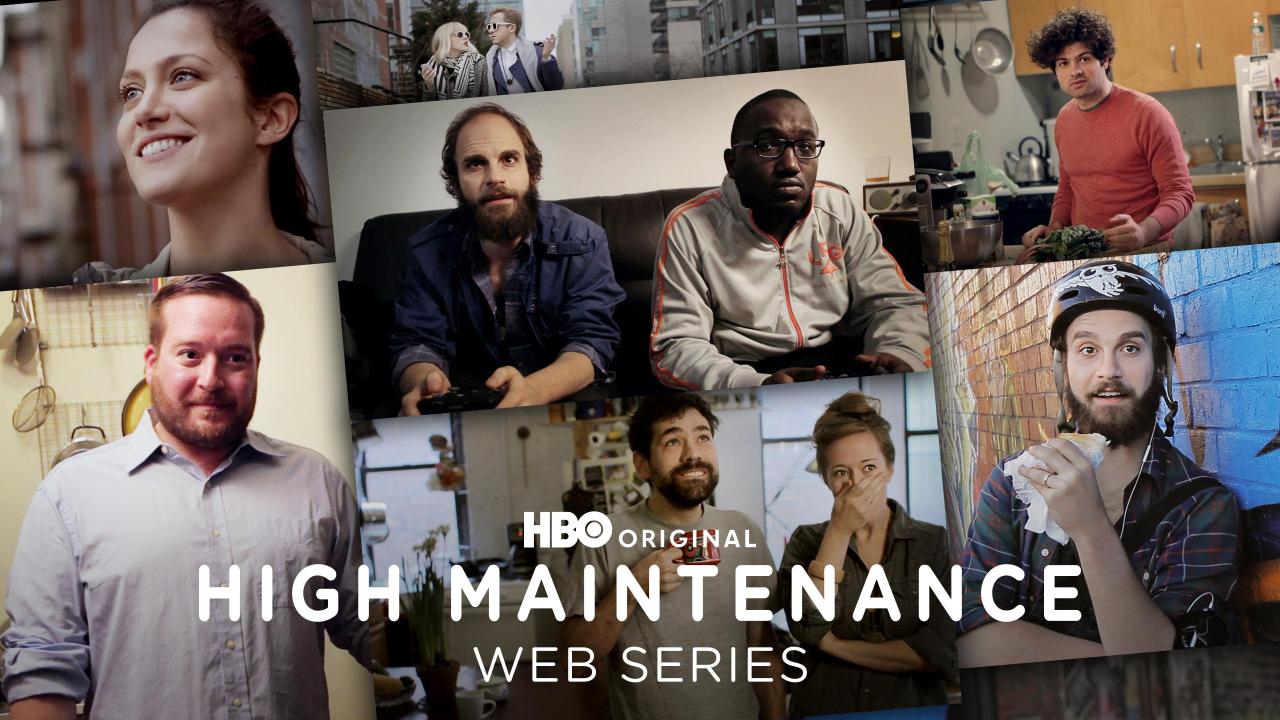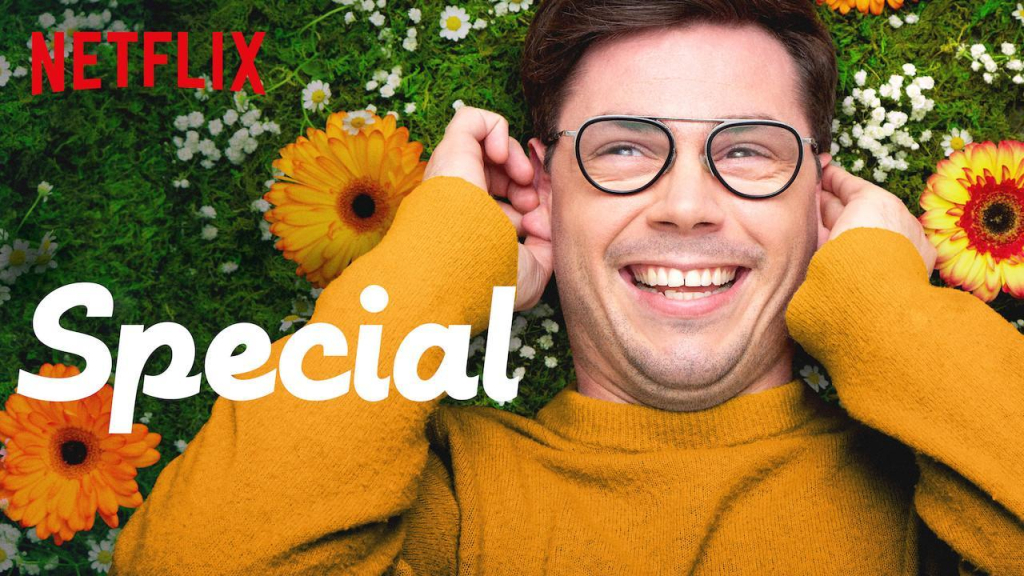Past Lives: A Thoughtful Exploration of Identity, Love, and the Passage of Time
Last night, I watched Past Lives, a film directed by Celine Song, and it left a lasting impression on me. From the very first frame, I was drawn in—not just by the visual beauty, but by the depth of the storytelling. It’s the kind of film that takes its time to unfold, and it’s clear that every aspect, from the lighting to the camera angles, was carefully crafted to serve the story’s themes. By the time the credits rolled, I found myself reflecting more deeply than I anticipated. I expected an emotional reaction, but it didn’t come in the way I expected. After thinking it through, I realized that was because Past Lives isn’t about delivering a quick emotional punch—it’s a quiet exploration of life’s most profound themes: identity, love, and the changes that shape us over time.
The Heart of Past Lives: Identity, Migration, and the Shifting of Self
Past Lives tells the story of Nora, an immigrant navigating the intersection of her Korean roots and her life in North America. It’s a story about identity, migration, and the way our circumstances shape who we become. What struck me most about the film was how it explored the experience of moving between two worlds—between the culture one is born into and the culture one grows into. The story resonated with me deeply. Like many, I’ve undergone significant life changes that have reshaped my identity. For Nora, though, the shift is more profound, as she contends with the pull of her past life in Korea while trying to find her place in a new world.
The movie invites us to think about identity in the context of cultural displacement, and it’s a powerful thing to witness. Nora’s journey is not just about adjusting to life in a new country, but about coming to terms with the way those external changes alter who she is internally. For Nora, there’s a feeling of duality—she exists between two worlds, each of them contributing something to her identity, but neither fully capturing who she is. This tension between the past and present is something that transcends borders and speaks to a universal human experience.
While I was born and raised in the place I call home, I do relate to the theme of transformation that the film touches on. It’s the idea of becoming someone different over time—not because you want to, but because life’s circumstances push you in that direction. For Nora, the tension between her past and present is palpable, and the film’s exploration of that feeling feels deeply personal yet universally understandable.
Expecting Romance, but Finding Something Deeper
When I first approached Past Lives, I thought I was in for a familiar romantic plot. I assumed it would be a story about two childhood sweethearts separated by time and distance, only to reunite and rekindle their love. The romantic narrative was what I expected, but the movie quickly made me realize I was wrong. While there is romance at the heart of the story, it’s not the straightforward love story I imagined. Instead, it’s about the complexity of love, the passage of time, and the ways we grow and change.
One of the key players in this narrative is Arthur, Nora’s husband. At first glance, Arthur might seem like the stereotypical supporting character—the husband who’s “in the way” of the real romantic tension between Nora and Hae-song, her childhood love. But as the film progresses, it becomes clear that Arthur is so much more than that. He’s the stabilizing presence in Nora’s life, the person who offers her a grounding force when she is grappling with the past. Rather than competing with Hae-song for Nora’s affection, Arthur supports her in her emotional journey. His role is quiet but powerful. In one of the film’s most tender moments, when Nora is overwhelmed by the emotions stirred by her past, Arthur simply holds her and offers her a shoulder to cry on. That moment isn’t flashy—it’s not a dramatic declaration of love—but it’s deeply moving because it reflects the strength of their relationship and the understanding they share.
Arthur’s emotional intelligence is something many people long for in a partner. He knows that Nora’s journey with Hae-song is a part of her, something she has to process, and he never makes her feel guilty for it. His capacity to offer her understanding without demanding anything in return is a form of love that isn’t often explored in films. It’s about support, patience, and shared humanity rather than the more conventional idea of love as something dramatic or possessive. In this way, Arthur becomes not just a character, but a symbol of the quiet strength that often goes unnoticed in real relationships.
Hae-song: A Symbol of the Past and the Reality of Change
Hae-song, Nora’s first love, serves as a stark contrast to Arthur. He’s the one who never let go of Nora, carrying a torch for her for 24 years. When he reunites with her in New York, the film beautifully captures his realization that the woman he once loved is no longer the person he remembers. The love he had for her has been frozen in time, but Nora has changed in ways that Hae-song is unable to reconcile with his memories of her.
Hae-song’s journey is one of letting go—of accepting that the Nora he once knew is gone, and that their love, as it existed, is no longer possible. This theme is reflected in Nora’s evolving aspirations over the years. In her youth, she dreamed of winning a Nobel Prize. Later, she aspired for a Pulitzer and eventually a Tony Award. These changing ambitions signify Nora’s growth, her shifting sense of self, and her acceptance that life takes us on unexpected journeys. Hae-song’s visit is ultimately about closure—for both of them. It’s a chance for him to face the reality of their separation, to accept that he can no longer hold on to an idealized version of their love.
What I found so fascinating about Hae-song’s character is how he represents the idea that sometimes, the people we once loved are no longer the people we can love. Our memories of them are tied to a version of who they were when we first met them, but time doesn’t wait for us. And when we reunite with those people, we realize how much we have both changed in ways we couldn’t have predicted. Hae-song’s journey is one of coming to terms with this painful truth—that sometimes, love is not enough to bridge the gap between who you were and who you have become.
Time, Change, and the Universal “What Ifs”
Past Lives is more than a love story. It’s a meditation on time, change, and the choices we make. At the heart of the film is the universal question of “what if.” What if we had stayed in the place we were born? What if we had made different choices? What if we had pursued a different path? These are the questions that we all ask ourselves at some point in our lives.
For Nora and Hae-song, the weight of their past lives is undeniable. The choices they made, and the ones they didn’t make, have shaped who they are today. The film doesn’t answer these questions, but it asks us to reflect on them as we consider our own lives. The tension between the past and the present is powerful. For Nora and Hae-song, there’s a constant pull towards the past, but they also must confront the lives they have built in the present. The film invites us to think about how we live in relation to our past selves—whether we carry our old identities with us, or whether we let them go in order to embrace the people we’ve become.
This theme of “what if” speaks to a wider human condition. Every choice we make is followed by the question: “What if I had chosen differently?” It’s something we all grapple with—this idea that the roads we take, or don’t take, define who we are. And though we may never have the answers to these questions, Past Lives challenges us to think about them. In a way, it helps us reflect on the beauty and the sadness of the paths we choose, and the paths that choose us.
Identity, Belonging, and the Immigrant Experience
One of the most poignant aspects of Past Lives is its exploration of identity through the lens of immigration. Nora’s experience of gradually losing touch with her Korean roots as she settles into her life in North America is something many immigrants will find relatable. While I don’t share the experience of immigration, I can relate to the feeling of disconnection that comes with significant life changes. Moving from a small town to a big city has made me feel, at times, like I’m losing touch with the version of myself that existed before. There’s a subtle shift in how I speak, the people I spend time with, and even in the way I approach life.
For immigrants, however, this sense of loss is far more intense. Past Lives explores the emotional and psychological weight of leaving behind a life, culture, and identity in exchange for a new one. Nora’s gradual disconnection from her past is something many can relate to, especially those who have experienced the immigrant journey firsthand. The tension between one’s old life and the new life one is building is a theme the film explores with great care. For Nora, it’s not just about leaving Hae-song behind—it’s about leaving a whole way of life she can never fully return to.
The film does a remarkable job of showing how the immigrant experience is often marked by a sense of both loss and growth. Nora’s life in North America is shaped by her desire to belong, but the question of “where do I truly belong?” lingers in the background. It’s a question many immigrants face—trying to forge a new identity while still holding on to a piece of the old one.
The Universal Journey of Change
What makes Past Lives so powerful is its ability to speak to universal themes of growth and change. The film doesn’t try to give easy answers or provide a simple resolution. Instead, it reflects the complexity of life and the bittersweet nature of letting go. Past Lives encourages us to reflect on our own lives—on the choices we’ve made, the paths we’ve taken, and the people we’ve become in the process.
In the end, the film’s power lies not in offering answers but in encouraging reflection. It reminds us that life is not a straight line, and that the decisions we make—whether big or small—shape who we are. Past Lives beautifully captures the fact that, while we cannot go back to the past, we can learn to embrace the people we have become, even if that means letting go of the versions of ourselves we once knew.
For anyone interested in exploring themes of identity, love, and migration, Past Lives is a deeply moving film that stays with you long after you’ve seen it. It’s a reminder that life is messy, complicated, and filled with moments of loss and discovery. And while it may not be a traditional love story, it is a beautiful meditation on the lives we live and the ones we leave behind.











.webp)















